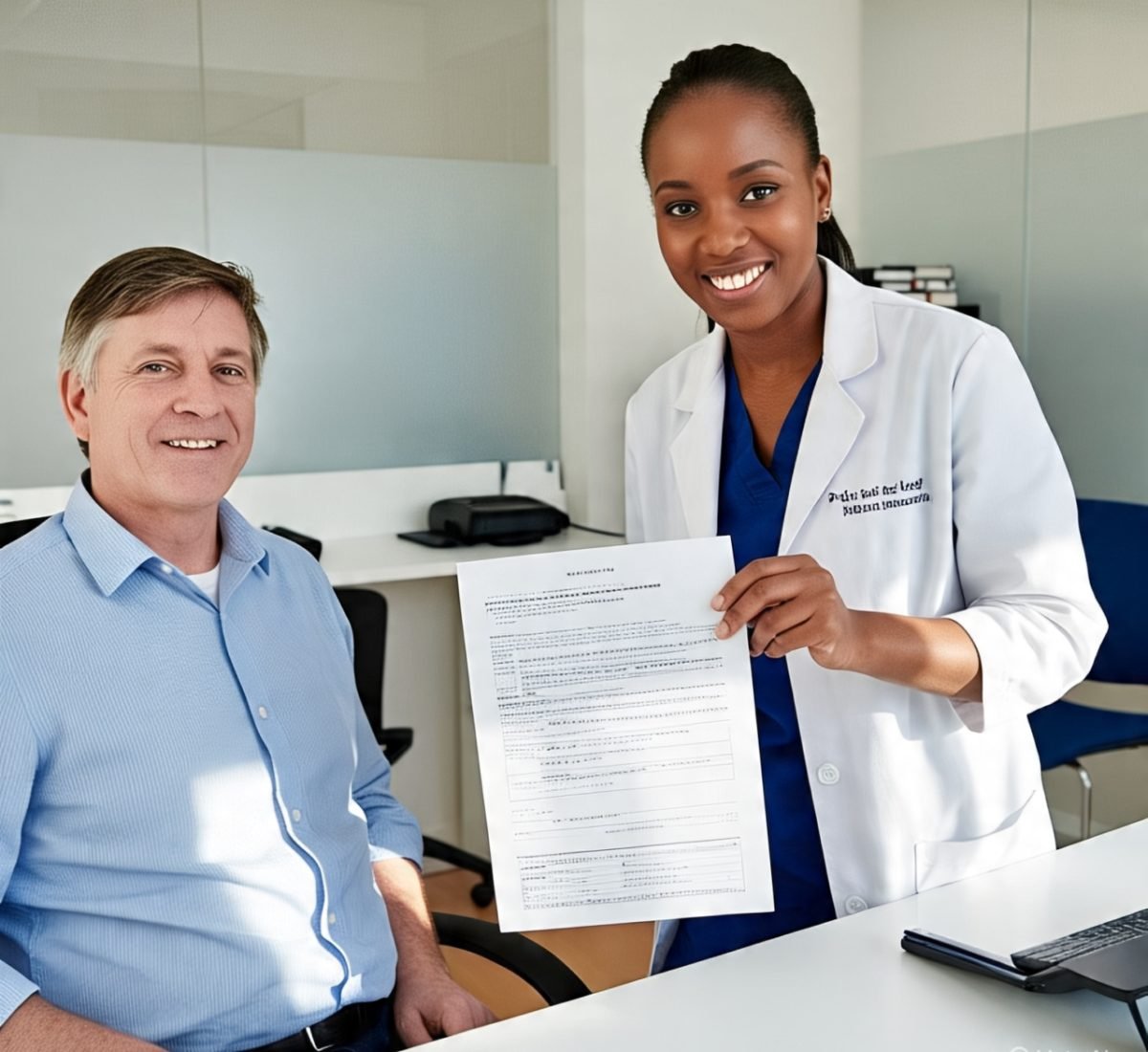Jersey reduces health appointment fees by ten pounds.

Expanded Subsidy Aims to Boost Healthcare Access
The government of Jersey has announced a new £10 subsidy for a range of primary care appointments, broadening efforts to ease the financial burden of healthcare on islanders. This subsidy applies to consultations with nurses, pharmacists, paramedics, healthcare assistants, and telephone appointments in general practice settings.
The initiative follows earlier cost reductions in general practitioner (GP) consultation fees, which saw a £20 decrease in 2023 and a further £30 cut in 2024. The cumulative changes form part of a wider governmental strategy aimed at encouraging early healthcare intervention by removing financial barriers.
Support Targeted at Daytime Services
Officials clarified that this latest measure does not extend to out-of-hours services provided by Jersey Doctors on Call, nor does it affect patients already enrolled in the Health Access Scheme. That scheme already offers reduced fixed charges for GP visits, making them ineligible for the new subsidy.
Policymaker Concerns Over Long-Term Viability
While the initiative has been welcomed by many as a positive step towards improving healthcare accessibility, concerns have been raised over its sustainability. Deputy Max Andrews, representing St Helier North, highlighted figures showing that the Health Insurance Fund—which finances these subsidies—is expected to fall from £94 million in 2025 to around £67.4 million by 2028.
“This is a welcome move for the public,” said Andrews, “but continued spending without a plan to sustain the fund could lead to its premature exhaustion.” He urged the government to strike a balance between social support and financial responsibility.
Government Maintains Strong Support for Accessibility
Despite financial warnings, Social Security Minister Lyndsay Feltham defended the expansion. She emphasised the government’s commitment to strengthening Jersey’s primary care system, describing the measure as “a meaningful step toward a more inclusive and flexible healthcare framework.”
“I’m grateful to general practice for collaborating with us on this important expansion,” Feltham said. “Together, we’re working toward a healthcare system that’s accessible to all islanders.”
Healthcare Professionals Welcome the Move
Frontline healthcare workers have applauded the policy. Dr Gordon Callander, speaking on behalf of the Primary Care Body, said the measure reflects the valuable role that diverse healthcare professionals play in the system.
“It’s encouraging to see nurses, healthcare assistants, paramedics, and pharmacists recognised through this subsidy,” Dr Callander noted. “This allows practices to expand services while minimising financial strain on patients.”
Structural Reform on the Horizon?
In Jersey, most healthcare services—including GP visits, non-urgent hospital care, dental treatment, and maternity services—are not free at the point of delivery. The latest subsidy marks a continued shift towards publicly supported healthcare access, though questions remain about the future structure and funding of these services.
As the Health Insurance Fund bears more financial responsibility, the government may face growing pressure to propose long-term solutions that ensure both accessibility and fiscal sustainability.
In Summary
The £10 subsidy is expected to provide immediate financial relief to many Jersey residents, particularly those frequently accessing primary care. However, the sustainability of such initiatives will likely remain a key topic of debate in the coming years
